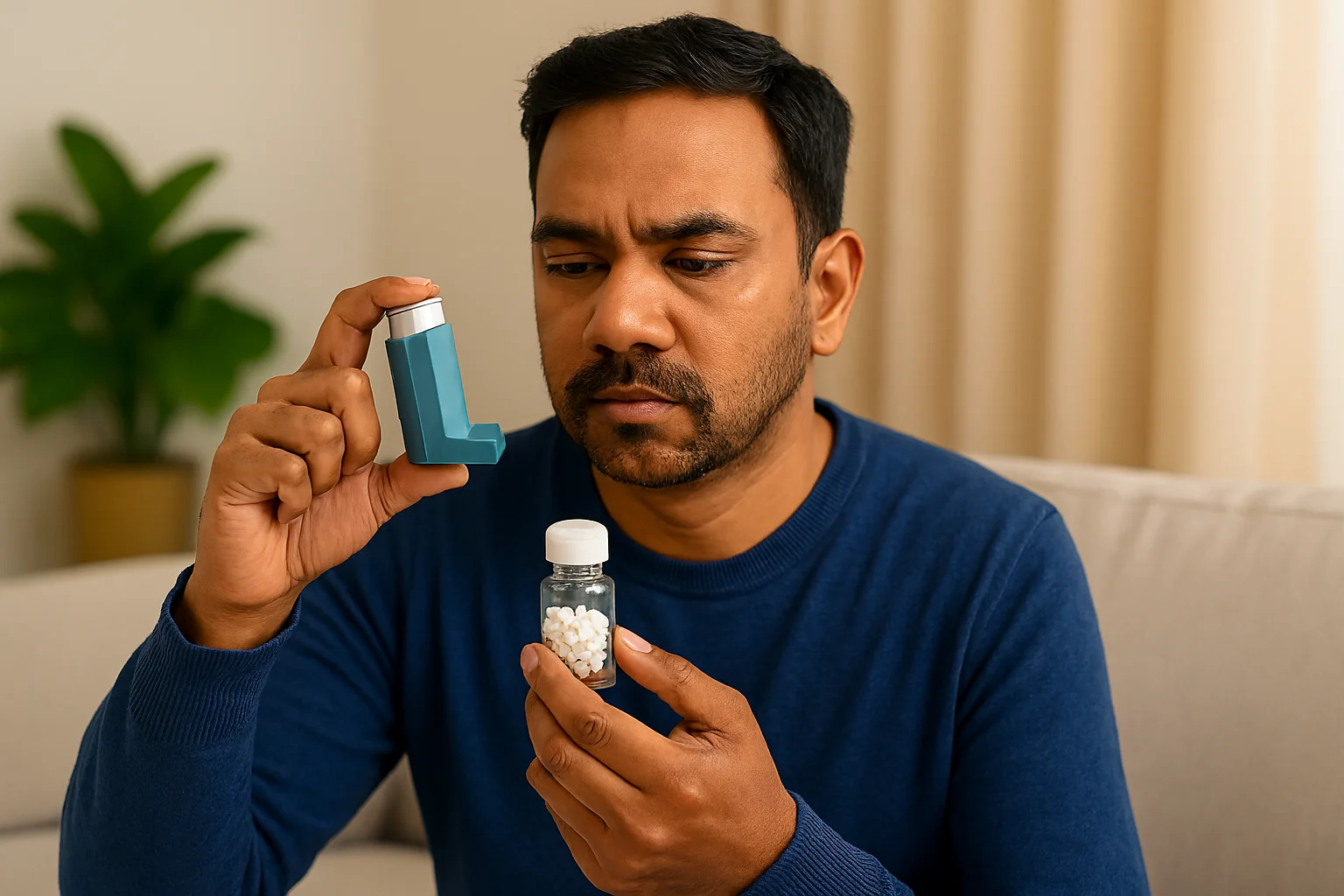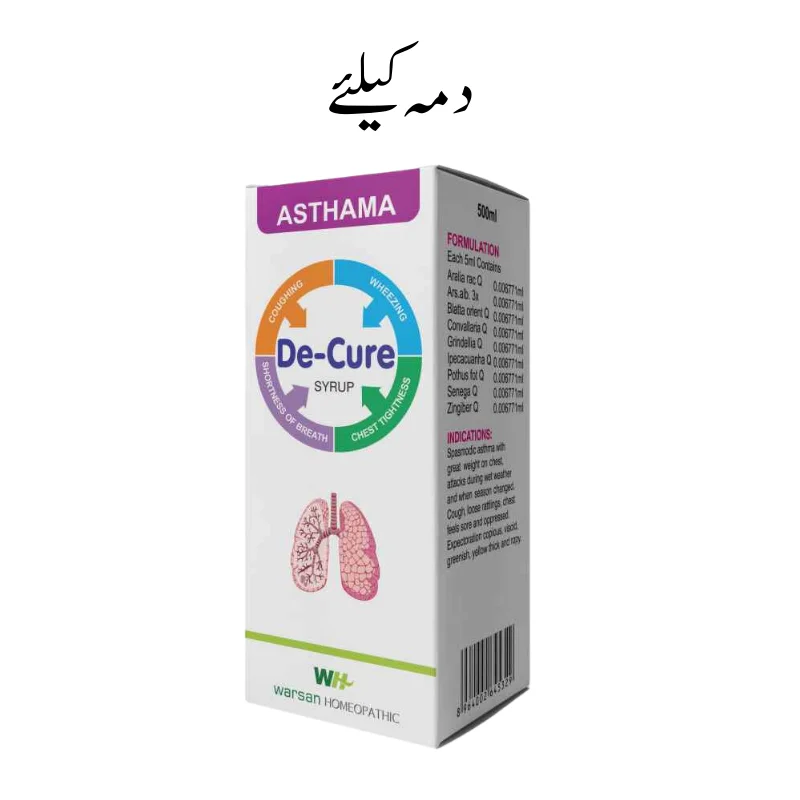Have you ever wondered if homeopathy could help you breathe easier with asthma?
Asthma is more than just an occasional struggle to catch your breath. It’s a chronic respiratory condition where the airways become inflamed, narrow, and produce extra mucus, making breathing difficult. For millions of people worldwide, asthma attacks can be triggered by allergens, exercise, cold air, or stress, disrupting daily life.While inhalers and medications are the standard treatment, many patients are exploring natural, complementary approaches — and homeopathy is one of the most popular options. Homeopathy aims not only to relieve symptoms but also to strengthen the respiratory system over time.
What exactly happens during an asthma attack?
During an asthma attack, the muscles around your airways tighten (bronchospasm), the lining of the airways swells, and mucus production increases. This combination causes shortness of breath, wheezing, coughing, and chest tightness.For some people, attacks are rare and mild, while others may have frequent, severe episodes. Since asthma is often linked to inflammation and hypersensitivity, homeopathy’s holistic approach — which aims to reduce the body’s overreaction to triggers — can be particularly beneficial.
How does homeopathy aim to help with asthma?
Homeopathy works on the principle of “like cures like.” It uses highly diluted natural substances to stimulate the body’s self-healing abilities. Instead of focusing only on immediate symptom relief, a homeopath looks at the entire health picture — emotional state, environmental triggers, diet, and even past medical history.By prescribing remedies tailored to the individual, homeopathy seeks to reduce the frequency and severity of asthma attacks, improve lung function, and enhance overall well-being.
Which homeopathic remedies are most commonly recommended for asthma?
Here are some of the best-known remedies that homeopaths may suggest for asthma relief:
- Arsenicum Album – Often recommended for asthma with anxiety, restlessness, and wheezing, especially at night.
- Ipecacuanha – Suitable for persistent coughing with difficulty bringing up mucus, especially in children.
- Natrum Sulphuricum – Used for asthma triggered by damp weather or after respiratory infections.
- Spongia Tosta – For dry, barking cough and wheezing that improves with warm drinks.
- Antimonium Tartaricum – For rattling mucus in the chest, especially in elderly patients or those with weak lungs.
- Pulsatilla – Often used for asthma that gets worse in warm rooms and improves in fresh, cool air.
It’s important to remember that homeopathy is highly individualized — the “best” remedy for you depends on your specific symptoms and triggers.
De-Cure Syrup
Can homeopathy replace my asthma inhaler?
No. Homeopathy should not replace prescribed asthma medication, especially in severe or emergency situations. Inhalers and other conventional treatments provide life-saving relief during acute attacks.However, homeopathy can be used alongside conventional medicine as a complementary therapy to help manage the condition and potentially reduce dependence on rescue inhalers over time — always under medical supervision.
How soon can you expect results from homeopathy for asthma?
Some patients notice improvements in breathing and reduced attacks within weeks, while others may take several months to experience significant changes. The timeline depends on factors like the severity of asthma, frequency of attacks, and overall health.Since homeopathy works by gradually strengthening the body’s defense system, patience and consistent follow-ups with your homeopath are essential.
Is there scientific evidence for homeopathy in asthma care?
Studies on homeopathy and asthma have produced mixed results. Some research suggests homeopathy may improve symptoms and quality of life, especially in mild to moderate asthma cases, while other studies find no significant benefit compared to placebo.However, many patients report personal success stories, and the low-risk nature of homeopathy makes it an appealing option for those seeking natural approaches.
Who can benefit the most from homeopathic asthma remedies?
Homeopathy may be especially beneficial for:
- Children with recurring wheezing episodes
- Adults with mild to moderate asthma seeking a holistic approach
- Individuals sensitive to medication side effects
- People whose asthma is triggered by specific environmental or emotional factors
It’s important to consult both your homeopath and your primary healthcare provider before starting treatment.
What lifestyle changes can enhance the effects of homeopathy for asthma?
Pairing homeopathy with healthy daily habits can improve results:
- Avoid known asthma triggers (allergens, smoke, certain foods)
- Maintain good indoor air quality with ventilation and air purifiers
- Stay physically active, but avoid overexertion
- Practice breathing exercises like pursed-lip breathing
- Eat a balanced diet rich in anti-inflammatory foods
- Manage stress through yoga, meditation, or mindfulness
Homeopathy works best when part of a broader asthma management plan.
Are there any side effects or risks of using homeopathy for asthma?
Homeopathic remedies are extremely diluted, making them generally safe and free from harmful side effects. Occasionally, patients may experience a short-term “healing reaction” where symptoms temporarily worsen before improving — a sign that the body is responding.Still, it’s crucial to work with a licensed homeopath and never stop your prescribed asthma medication without medical advice.
Final thoughts: Can homeopathy really help with asthma relief?
While homeopathy is not a cure for asthma, many people find it helpful in reducing attack frequency, easing symptoms, and improving overall respiratory health. It offers a gentle, individualized approach that can complement standard treatments.
For best results, seek guidance from a qualified homeopath and maintain regular communication with your healthcare provider to ensure safe and effective management of your condition.
FAQs – Frequently Asked Questions
Asthma is a chronic condition. Homeopathy may help manage and reduce symptoms but is not a guaranteed cure.
Yes, when prescribed by a qualified homeopath, remedies are generally safe for children.
Dosage depends on your prescription. Follow your homeopath’s guidance exactly.
4. Can I use homeopathy during an asthma attack?
It can still help, but combining remedies with healthy habits will give you better, faster results.
-
-
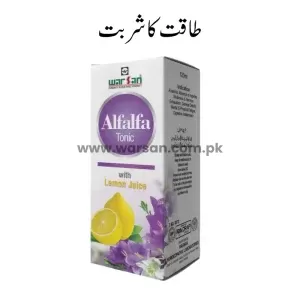 Rated 5.00 out of 5 based on 1 customer rating₨ 200 – ₨ 650Price range: ₨ 200 through ₨ 650Select options Quick View
Rated 5.00 out of 5 based on 1 customer rating₨ 200 – ₨ 650Price range: ₨ 200 through ₨ 650Select options Quick View -
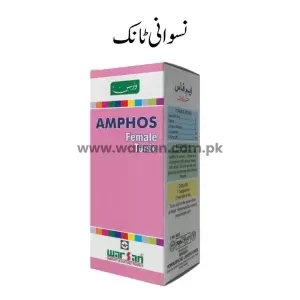 Rated 4.00 out of 5 based on 1 customer rating₨ 200 – ₨ 650Price range: ₨ 200 through ₨ 650Select options Quick View
Rated 4.00 out of 5 based on 1 customer rating₨ 200 – ₨ 650Price range: ₨ 200 through ₨ 650Select options Quick View -
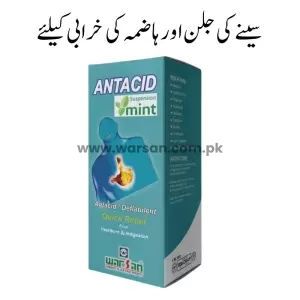 Rated 4.00 out of 5 based on 1 customer rating₨ 220 – ₨ 650Price range: ₨ 220 through ₨ 650Select options Quick View
Rated 4.00 out of 5 based on 1 customer rating₨ 220 – ₨ 650Price range: ₨ 220 through ₨ 650Select options Quick View

